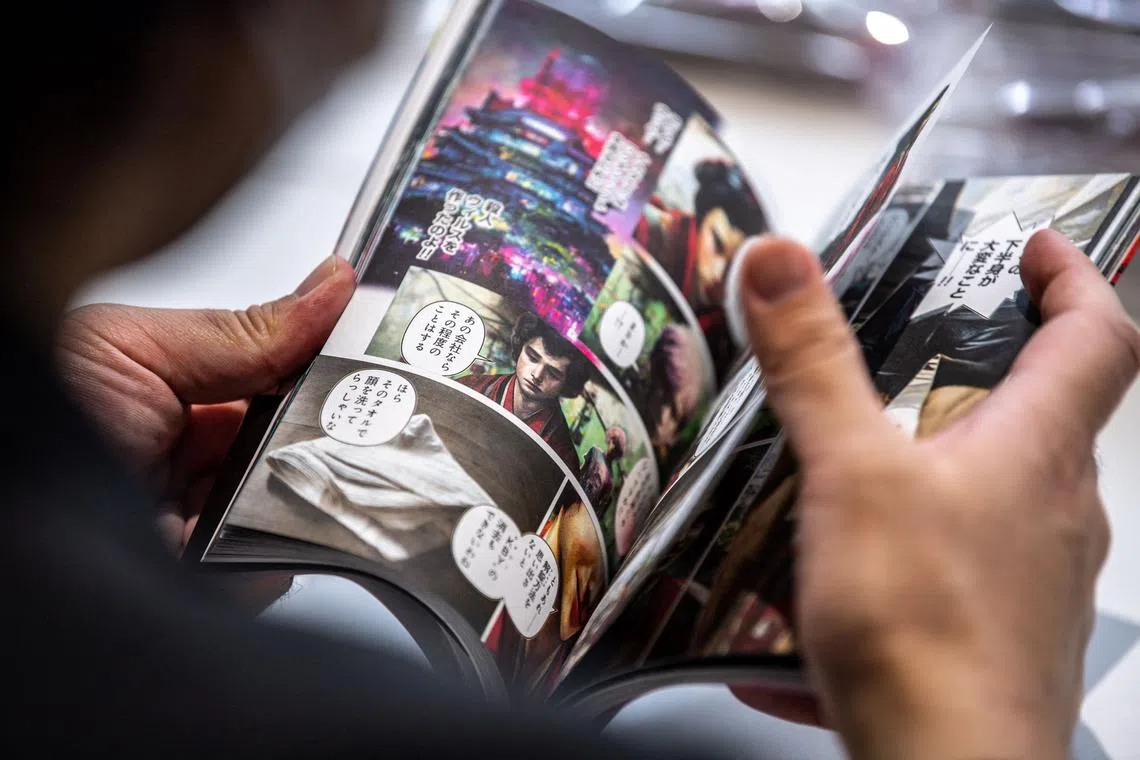Developer Offer
Try ImaginePro API with 50 Free Credits
Build and ship AI-powered visuals with Midjourney, Flux, and more — free credits refresh every month.
AI and the Future of Japanese Manga
A Legacy of Innovation Meets a New Frontier
Imagine if the late Osamu Tezuka, Japan’s revered “Godfather of Manga” known for the iconic worlds of Astro Boy and Black Jack, were alive to witness the rise of generative artificial intelligence (AI). What might his perspective be on this transformative technology? According to his eldest son, Macoto Tezka, the pioneering artist would have enthusiastically embraced it.
This question is not merely hypothetical. Across Japan, the creative sector is deeply engaged in a discussion about the role of generative AI in the artistic production process, weighing its potential against its risks.
The Double-Edged Sword of AI in Art
The debate is multifaceted. On one hand, proponents see AI as a powerful tool to augment creativity and solve long-standing industry problems. With persistent manpower shortages and demanding production schedules, AI could significantly boost efficiency. On the other hand, there are serious concerns that relying on AI could devalue human artistry and create complex copyright dilemmas, especially regarding the data used to train AI models.
Navigating the Future of Japan's Creative Identity
For Japan, the stakes are high. To maintain its global dominance in the creative industries, the nation must find a way to adapt. This means fostering innovation by integrating AI thoughtfully while establishing clear guidelines to protect the rights and integrity of human artists. The future of manga and anime may depend on striking this crucial balance.
Compare Plans & Pricing
Find the plan that matches your workload and unlock full access to ImaginePro.
| Plan | Price | Highlights |
|---|---|---|
| Standard | $8 / month |
|
| Premium | $20 / month |
|
Need custom terms? Talk to us to tailor credits, rate limits, or deployment options.
View All Pricing Details


